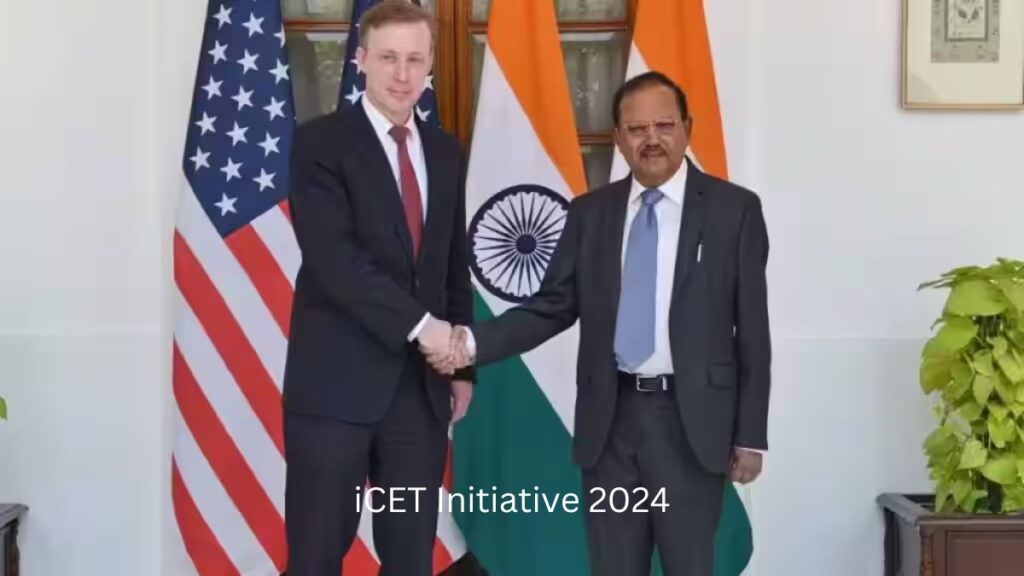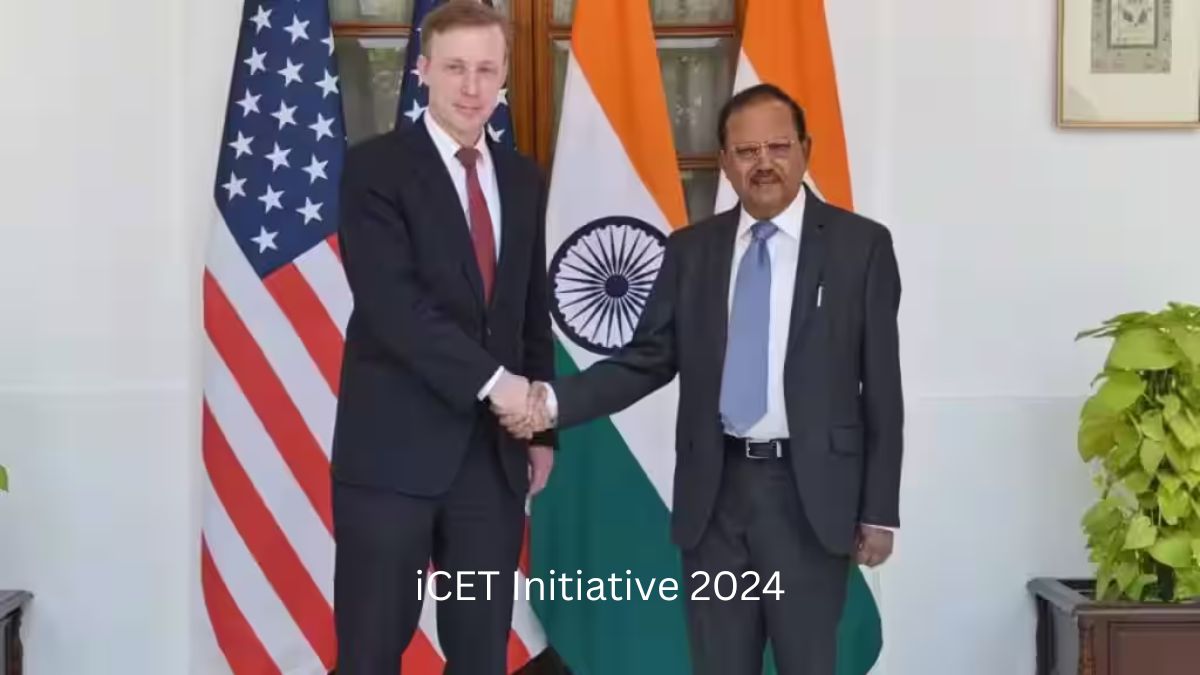
US and India Commit to Overcoming Barriers in Strategic Trade and Technology Cooperation
US National Security Advisor Jake Sullivan and his Indian counterpart, Ajit Doval, have committed to implementing “concrete action” in the upcoming months to overcome long-standing barriers to strategic trade, technology, and industrial cooperation. This significant commitment also includes pledges to prevent the leakage of sensitive technologies to countries of concern. This initiative marks the first high-level engagement between the two nations since the re-election of the NDA government earlier this month.
After several false starts earlier in the year, Sullivan finally arrived in India on Monday to engage in a comprehensive review of the cooperation framework under the Initiative on Critical and Emerging Technology (iCET). This initiative is designed to propel the India-US relationship to the next level by addressing regulatory barriers and developing a new defense industrial roadmap that focuses on joint development and production.
Search
Recent Posts:
- OpenAI Brings ChatGPT to be used in WhatsApp: Here’s How It Works and What You Can Do To Use It.
- Realme 14x 5G: A Budget Smartphone With Premium Features.
- Exploring Apple Genmoji: A New Era of Custom Emoji Creation.
- 2024 United States Presidential Election: Donald Trump Declares Victory in 2024 Presidential Election
- Chancellor Olaf Scholz’s Visit to India: Advancing Indo-German Cooperation on Defense, Trade, and Regional Stability.
Sullivan Meets Modi and Jaishankar to Advance iCET and Discuss Global Security Issues
During his visit, Sullivan also held discussions with Indian Foreign Minister S. Jaishankar and paid a courtesy call on Prime Minister Narendra Modi. In a post on X, Modi reiterated India’s dedication to strengthening the India-US partnership for global benefit. Sullivan briefed Modi on the progress made in iCET cooperation across key areas such as artificial intelligence (AI), semiconductors, defense, and space. Modi expressed his satisfaction with the rapid and substantial growth of the partnership, noting the significant convergence on regional and global issues.
In addition to bilateral trade and technology discussions, the National Security Advisors exchanged views on critical global issues, including the Russia-Ukraine war and the ongoing conflict in Gaza. According to a joint factsheet released after their meeting, Doval and Sullivan underscored the vital importance of adapting their “technology protection toolkits” to prevent the leakage of sensitive and dual-use technologies to countries of concern.
Although specific countries were not named, it is well known that the US has been actively working to block the flow of advanced technologies to Russia. Despite this, India continues to maintain robust defense ties with Russia, even as it engages in unprecedented technology transfer deals with the US, such as the co-production of jet engines under the GE-HAL deal.
India-US Ambitious iCET Agenda For Advancing Defense Cooperation and Bridging Innovation Ecosystems
The factsheet indicated that India and the US will continue to chart an ambitious course for iCET. Doval and Sullivan stressed the need for ongoing efforts, particularly under the Strategic Trade Dialogue, to address outstanding barriers to technology collaboration. They acknowledged significant progress in the negotiations for the GE-HAL jet deal, India’s planned acquisition of MQ-9B Sea Guardian drones, and the potential co-production of land warfare systems. The focus on defense cooperation is particularly aimed at accelerating the joint adoption of cutting-edge commercial technologies for military solutions.
The talks on Monday also addressed several critical areas, including securing semiconductor supply chains, which are vital for both nations’ technological and economic security. By bridging innovation ecosystems, the two countries aim to unlock a combined $90 million in funding for cooperative projects between their respective institutions. This funding is expected to foster significant advancements in various fields of technology and innovation.
Civilian and space defense technology cooperation was another major focus of the discussions. By collaborating in these areas, India and the US aim to enhance their capabilities and ensure that they remain at the forefront of technological advancements. Advanced telecom opportunities, including partnerships to deploy high-quality, cost-effective Open RAN technology, were also on the agenda. This collaboration is expected to revolutionize the telecom landscape by promoting more flexible and efficient network architectures.
Forging the Future: India-US Collaboration in Critical Technologies and Sustainable Development
The talks further delved into collaboration in quantum computing, AI, and high-performance computing. These areas are considered crucial for the future of technology, and joint efforts in these fields are expected to yield significant benefits for both countries. Additionally, a clean energy and critical minerals partnership was discussed, highlighting the importance of sustainable development and the need for securing essential resources for technological progress.
This visit and the resulting agreements mark a new chapter in the India-US relationship, emphasizing a shared commitment to overcoming obstacles and advancing mutual interests in critical and emerging technologies. The iCET initiative is poised to be a game-changer, fostering closer ties and deeper cooperation between the two nations. By addressing regulatory barriers and focusing on joint development and production, India and the US aim to create a robust framework that will support their strategic goals and enhance their global standing.
Strengthening Bilateral Tech Cooperation between India and the US
The commitment to preventing the leakage of sensitive technologies is particularly noteworthy, as it underscores the importance of safeguarding advancements and maintaining a strategic edge in a rapidly evolving global landscape. The emphasis on adapting technology protection toolkits reflects a proactive approach to emerging challenges and ensures that both nations can effectively navigate the complexities of modern technological and industrial cooperation.
The engagement between US NSA Jake Sullivan and Indian NSA Ajit Doval represents a significant milestone in the bilateral relationship between the two countries. By focusing on concrete actions to overcome barriers and prevent technology leakage, and by advancing cooperation in critical and emerging technologies, India and the US are laying the groundwork for a more secure and prosperous future. The iCET initiative, with its ambitious goals and comprehensive approach, is set to propel the India-US partnership to new heights, fostering innovation, enhancing defense capabilities, and ensuring sustainable development for both nations.
To read more topics, please visit: https://insightfulbharat.com






